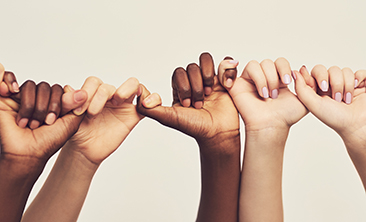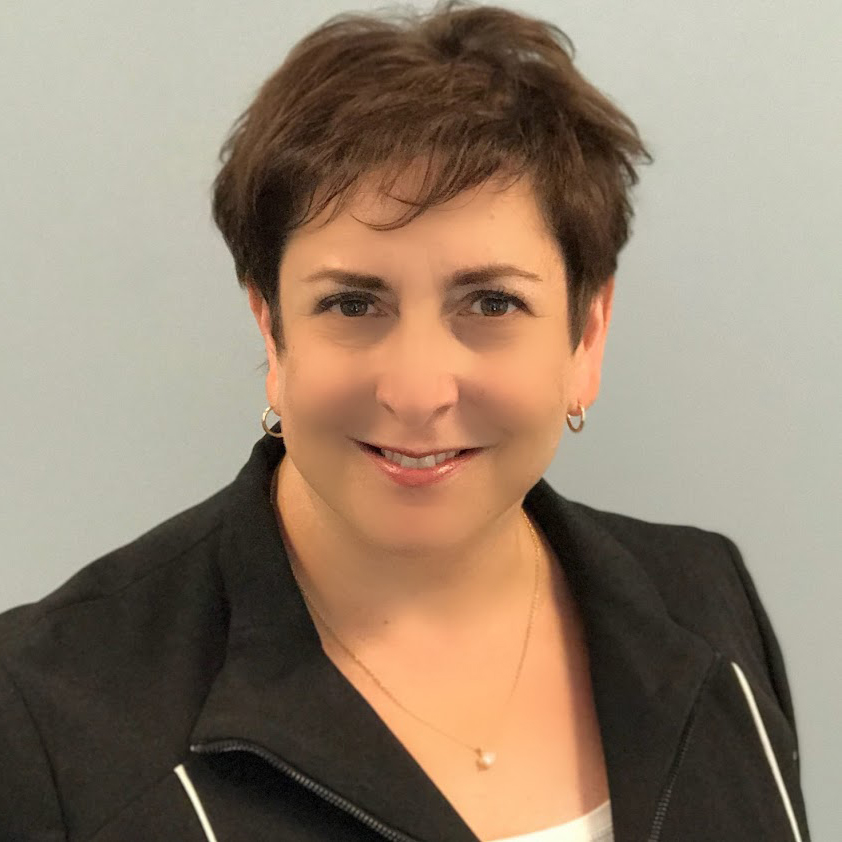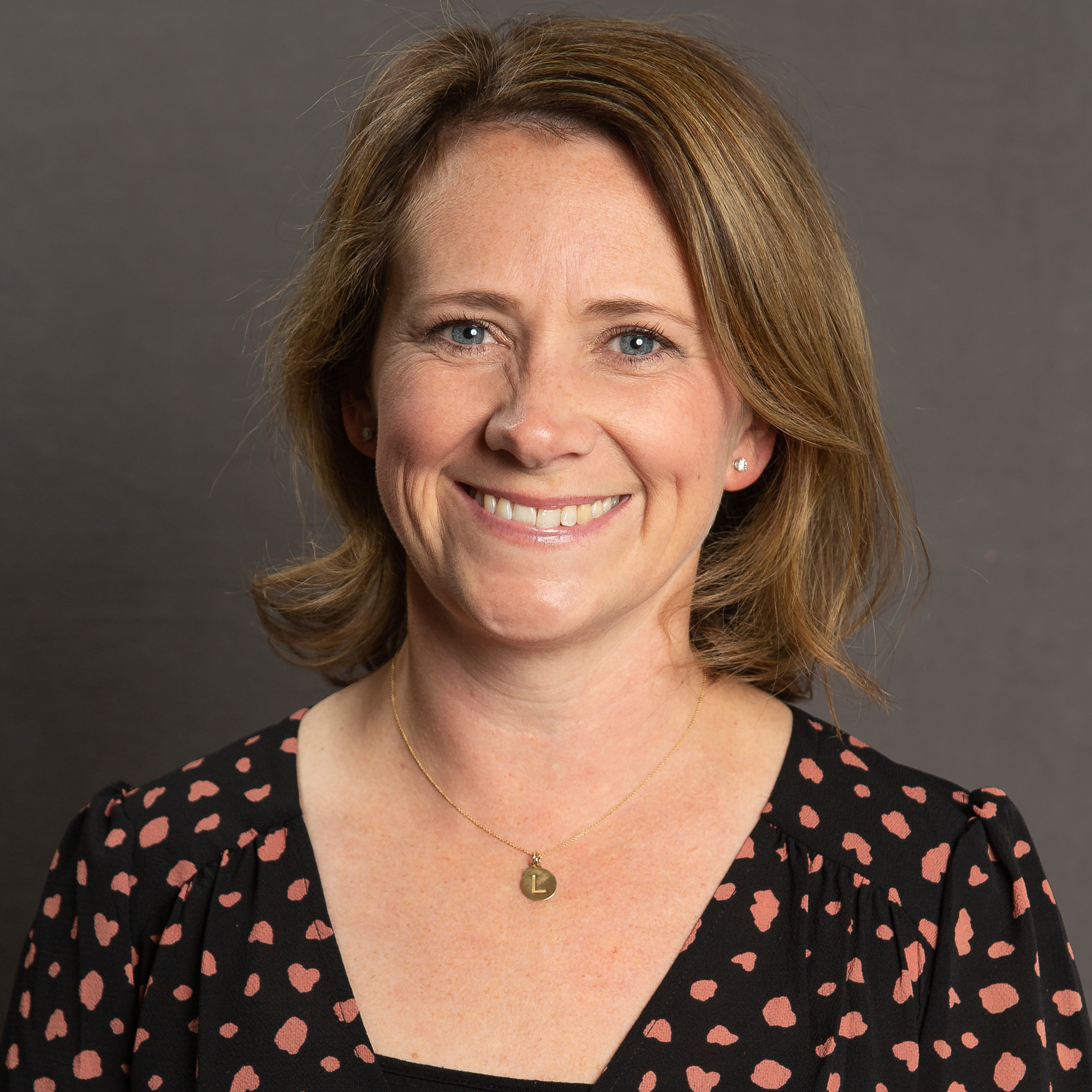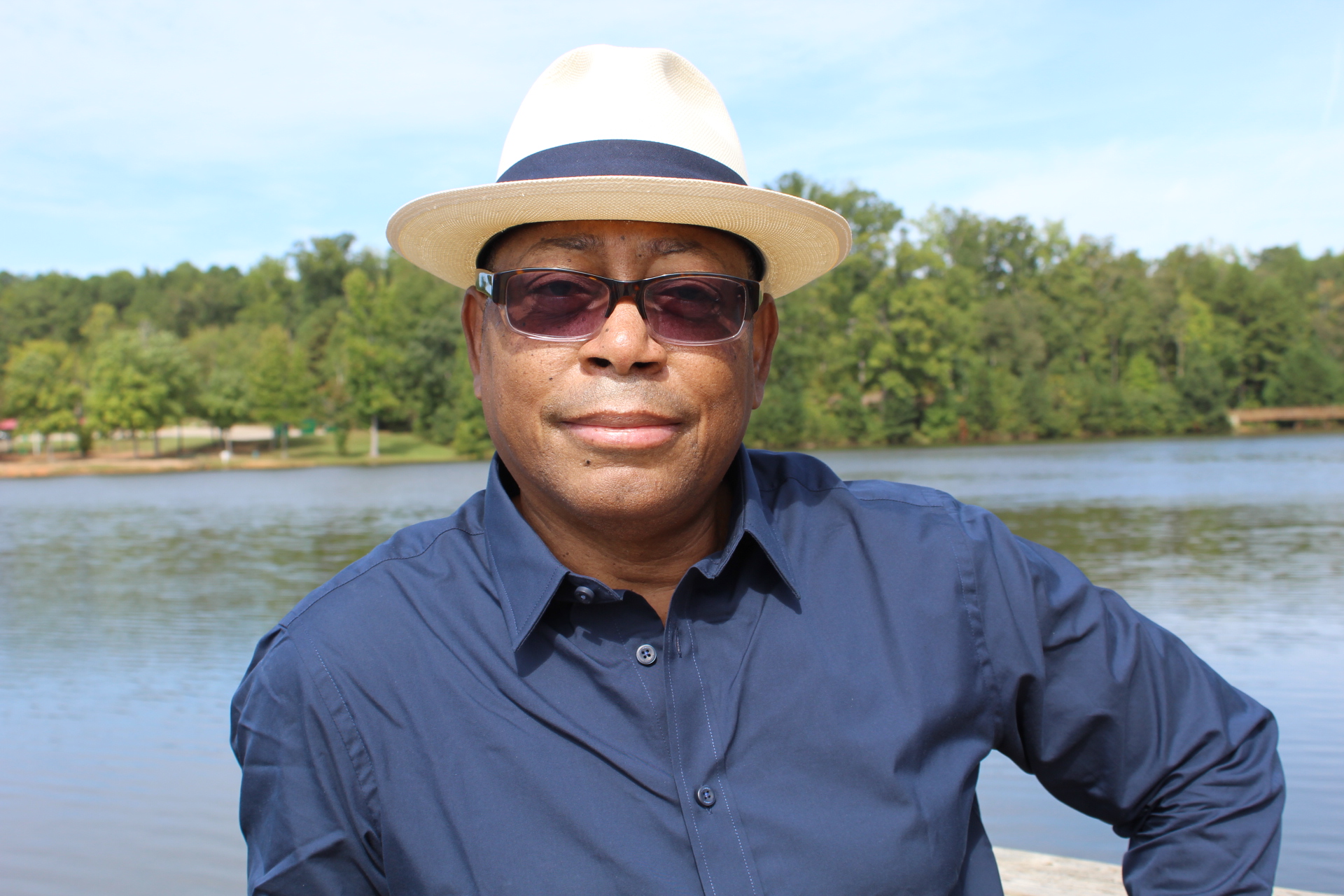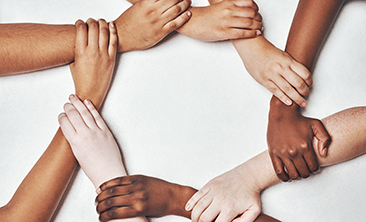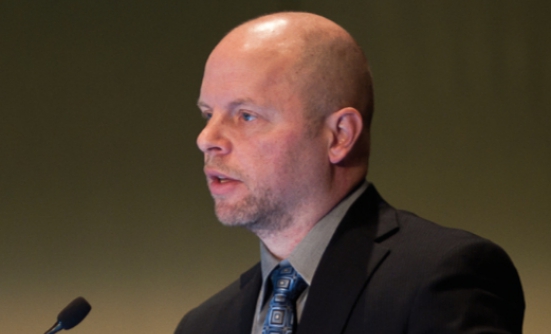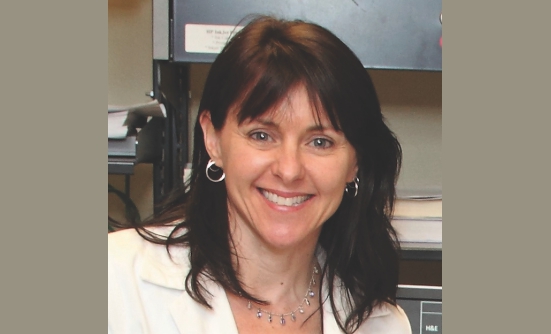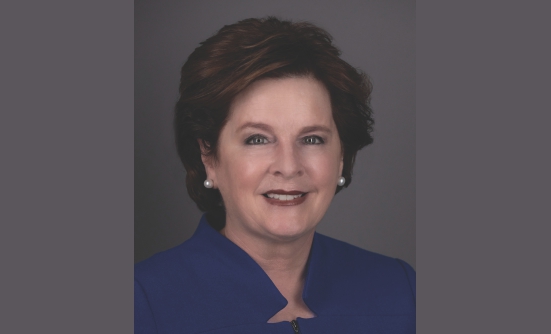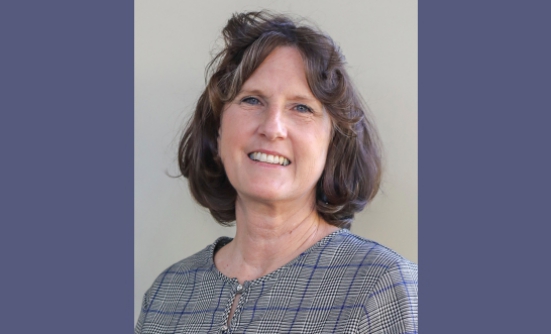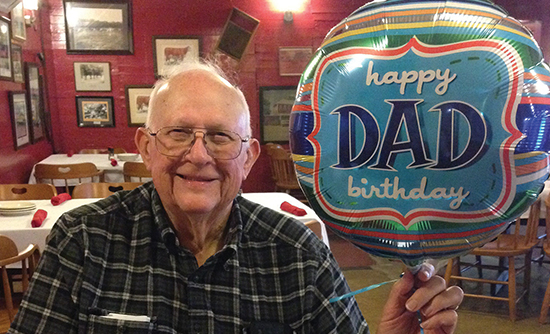You may have heard about clinical trials or clinical research. But what do they have to do with your cancer treatment today? And why should we care about clinical trials and who participates?
In this article, we discuss the importance of clinical trials and clinical trial diversity, and we address some of the most common myths about receiving treatment through a clinical trial. We also provide a few insights on these subjects from Mr. Mel Mann, a 66-year-old survivor of chronic myeloid leukemia who has participated in several clinical trials.
Why Are Clinical Trials Important?
And Why Are They Particularly Important for People of Color?
Clinical trials are important because they help to improve care. Most of today’s cancer treatments come from the results of past clinical trials.
More people are surviving cancer because of new treatments discovered through clinical trials. In the 1970s, only about half of people with cancer survived 5 years past their diagnosis. The most recent data show that almost 70% of people are surviving their disease. Much of this progress is due to clinical trials.
Yet we know that not all have benefited from these improved treatments. There are still differences in who gets cancer and who survives it, with a wide difference between White people and people of color.
We also know that people of color are underrepresented in cancer clinical trials. Approximately 85% of people who participate in cancer clinical trials are White. This limits our ability to understand how new medicines work, which means that we will have less information available to the broad population of patients who will ultimately use a new drug once it is approved for treatment.
“It’s important for African Americans or people of minority communities to participate in trials. When the medicine comes out (after a trial), it may affect different populations differently. So I wanted to be a part of that. And being an example of someone participating in a clinical trial helps motivate others and creates more trust, alleviates some of the fear…”
Myth 1: If I Get My Cancer Treatment in a Clinical Trial, I’ll Just Be a "Guinea Pig" For Cancer Researchers
You might be hesitant to participate in a trial out of concern that you won’t be treated for your cancer. You might worry that you’ll be given a completely untested drug and that you won’t be provided with enough information to make a decision to participate. However…
- Under law, you have the right to know everything that is going to happen in a study before agreeing to take part, and you have the right to leave a trial at any time, for any reason. Researchers must follow strict guidelines to protect the safety of people participating in research
- In cancer treatment trials, no one is denied appropriate treatment. It would be unethical to do otherwise
- And, before a new treatment can be given to people, it has gone through years and years of testing that indicates it is promising. If the approach is not seen as safe or effective in early-phase studies—with the smallest number of participants—it will not move to the later phases in which hundreds or thousands are taking part.
“…[the treatment I got in a clinical trial] cure came from a drug that was a gleam in some researcher’s eye at the time of my diagnosis. That shows the power of research and why it is so important; research doesn’t ever stand still, it keeps moving, and it needs a lot of people in the system to work.”
Myth 2: People of Color Are Not Interested in Participating in Research
Due to a long history of discrimination in healthcare and unethical research, people of color are less likely than their White counterparts to say they trust doctors, local hospitals, and the healthcare system to do what is right for their communities. A 2020 survey from KFF, a nonprofit organization, found that 7 in 10 Black adults believe race-based discrimination in healthcare happens at least somewhat often, and 1 in 5 say they have personally experienced it in the past year.
However, when offered participation in a treatment trial, most people with cancer agree to enroll. And, there does not appear to be a difference among people from different racial or ethnic groups.
“Why did I participate? A clinical trial offered me the hope of living longer. I was 37, and I had a daughter, so that was important to me…”
Myth 3: All Patients Can Participate in a Cancer Treatment Trial If They Want to Do So
Unfortunately, not everyone who wants to can participate in a trial. Cancer research is done using strict guidelines to protect patient safety, while allowing researchers to answer the question that is being studied. For example, some people have other health problems that could be made worse by the treatment offered in a study, so they would be excluded from taking part.
Myth 4: If I Join a Trial for My Cancer Treatment, I Might Get a "Sugar Pill" Instead of a Real Drug
Clinical trials are carefully designed studies that prioritize the health and safety of patients. Patients in cancer clinical trials receive excellent care and are monitored closely. In fact, most people get extra attention from their care team. Placebos, or sugar pills, can be used in certain types of clinical trials, but no one is ever given a placebo without also receiving appropriate, active treatment. All participants learn about the possibility of a placebo before they decide to join a trial.
Myth 5: Getting My Treatment in a Cancer Clinical Trial Won’t Help Me. Clinical Trials Are Only Going to Help People in the Future
While it’s true that clinical trials are conducted to create future lifesaving treatments, people can and do benefit themselves from taking part. Clinical trials provide high-quality care for patients. Many experts believe the care offered through cancer clinical trials should be considered the preferred treatment choice for patients. Clinical trials provide careful medical attention to patients, and participating in trials often provides access to promising new approaches that are not yet available outside the trial. Many people who participate in clinical trials also feel good about providing information that can help their community in the future.
“When I started, I had no idea what would happen; there were no promises made. I had no idea this drug would be a game changer like it was, to lead to other types of use in other cancers. Looking back, I see the impact that it has had; people are still using it; it’s still first-line treatment for so many people. To me, it’s incredible, and I am very fortunate to be a part of this movement and effort….Clinical trials are a way of getting tomorrow’s medicine today.”
Cancer treatment trials are done to test if a new way of treating cancer is safe and more effective than the standard treatment being used today.
Myth 6: Clinical Trials Are Dangerous
Because clinical trials are designed for research, there is some level of risk involved, and there can be unknown side effects.
However, clinical trial participants are given a new treatment approach only after years and years of testing that indicates it is promising. By the time a new treatment gets to the later phases, a lot is already known about side effects and risks.
Patient safety is extremely important, and patients are monitored very closely during a trial.
It’s also important to remember that all cancer treatments have side effects, which may be similar to potential side effects of the new treatment approach being tested in a trial.
Myth 7: Treatment in a Clinical Trial Costs a Lot More Money Than the Standard Treatment
Every trial is different, but typically whatever is being studied in a trial (a drug, combination of drugs, transplant, etc) is paid for by the sponsor of the trial. All other standard healthcare (routine tests, and other treatments and procedures) would be covered by a patient’s insurance. Under law, all insurance, including Medicare and Medicaid, cover regular patient care costs in a clinical trial.
If you decide to enroll in a trial, there may be other costs related to participation, such as transportation and travel expenses, food, lodging, childcare, and time off from work.
Myth 8: Once I Decide to Participate in a Clinical Trial, I Will Not Be Able to Change My Mind
All research is voluntary. You are free to leave the trial at any time for any reason, even after you sign the informed consent form. You will be told how you are doing in the trial through frequent testing, and you will be told about any new information that is learned about what is being studied.
Myth 9: If I’m Eligible for a Treatment Trial, I Can Choose Which Treatment I Get
Cancer treatment trials are done to test if a new way of treating cancer is safe and more effective than the standard treatment being used today. If it were known ahead of time which treatment worked best, a study would not be needed.
Patients cannot choose their treatment if they choose to participate in a trial. In many trials, people are assigned to different groups. Each person has a fair and equal chance of receiving the new approach being studied or the standard treatment being used today.
The process of assigning people into different groups in a trial is called randomization. Patients are told about these different groups before they agree to participate in the study.
Myth 10: A Clinical Trial Isn’t for Me, at Least Right Now. Clinical Trials Are Really a "Last Resort" for Someone With Cancer
Taking part in a cancer clinical trial is not limited to people who have no other care options left. There are clinical trials for every stage of disease, including for people who are newly diagnosed and receiving their first treatment for cancer.
Myth 11: I Trust My Doctor. I’m Sure If There Were a Clinical Trial That Might Help Me, My Doctor Would Tell Me About It
This is not necessarily true. It is important that you ask about the option of receiving your treatment within a clinical trial, whether your doctor mentions it or not.
For example, your doctor may:
- believe that standard treatment is preferable
- not know about all available clinical trials
- not tell you about a clinical trial because of other medical conditions that may disqualify you from participating
- think you wouldn’t be interested in participating in a trial.
Asking your doctor about participating in a clinical trial is just one way you can be a good advocate for your care. If you need cancer treatment, it’s important that you talk with your doctor about clinical trials.
“It’s vital to know that clinical trials are an option. There can be benefits from a clinical trial. You are getting more attention because the studies often require you to be watched more and seen by staff more frequently….It’s important to weigh your options.…I recommend clinical trials, at least to ask about them. It’s also important for doctors to ask patients if they want to participate in clinical research.”
Acknowledgment
Special thanks to the Cancer Support Community for allowing us to adapt some of these questions from its Peer Clinical Trials Support Program for this article.
About the Authors
Margo Michaels, MPH, leads Health Access and Action Consulting (www.hc-aa.com). Her work focuses on innovative approaches to cancer clinical trials education.
Leah Szumita, MS, RN, ACNS-BC, is Director of Nursing, Clinical Trial Support Center at The Leukemia & Lymphoma Society.





